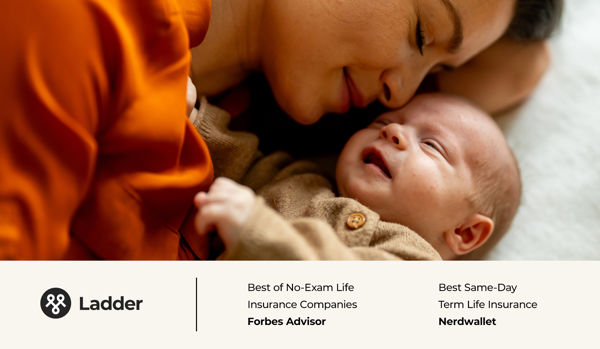What Is an Amniocentesis?
Amniocentesis is a procedure that removes amniotic fluid and cells from the uterus while pregnant to test or treat. Amniotic fluid is what surrounds the baby during pregnancy. Although Amniocentesis can be a handy tool for providing information about a fetus's health, it has risks, and birthing individuals need to weigh out the risks versus benefits if this procedure is brought to them.
Reasons For Amniocentesis
The main reasons that Amniocentesis is done are first for genetic testing. Genetic Amniocentesis takes a sample of amniotic fluid and tests the cells' DNA to diagnose conditions such as Down Syndrome. Usually, this type of genetic testing is not done until after another genetic test or screen shows a high risk of a condition.
Another way that Amniocentesis is used is for the diagnosis of fetal infections or illnesses. This is less commonly a reason to do an amniocentesis, but it can still be helpful. If a birthing person has a condition called Polyhydramnios or excess amniotic fluid in the uterus, Amniocentesis could be done to drain some of that fluid to help with the condition.
And lastly, if delivery needs to occur sooner than 39 weeks, amniotic fluid can be tested to see if a fetus's lungs are mature enough to handle birth. This is rarely done, but interestingly, an amniocentesis can provide that information.
What Are the Risks?
Amniocentesis is not a more commonly used test because it carries risks that occur in approximately 1 out of 900 tests. One risk that is frequently discussed is miscarriage. When performed by a skilled provider, the risk of miscarriage is about .1%-.3%. Research shows that the risk of miscarriage is higher if Amniocentesis is done before 15 weeks. Another risk is that of an injury to the fetus. During Amniocentesis, the baby might move their arm or leg, and the needle could cause an injury. Although serious injuries are rare, they can occur and should be weighed out in the decision-making.
Rh sensitization can occur because the baby's blood cells can access the pregnant person's bloodstream. There are ways to prevent sensitization; if someone has Rh-negative blood, it might be a good idea to consider these precautions.
Of the rarer risks is the risk of leaking amniotic fluid, uterine infection, and infection transmissions such as hepatitis C or HIV/AIDS.
What to Expect:
Knowing more about what to expect is reasonable if you have weighed out the risks versus benefits and feel that Amniocentesis is the best plan for your pregnancy. The procedure is outpatient and often takes about 30 minutes from start to finish. The needle is only inside your uterus for a minute or two. The only pain you might feel is a slight stinging when the needle punctures your skin and minor menstrual cramping during and following the procedure. Once complete, the amniotic fluid will be tested, and three to four days later, your care provider will discuss the results with you.
Is an Amniocentesis Right for Me?
People choose to move forward with Amniocentesis because it is about 99 percent accurate at detecting abnormalities. After an amniocentesis test, you must go home and rest for the day, avoiding physically demanding activities, including sex. Most individuals report feeling more like themselves one to two days after the procedure.
In the medical field, there is great debate on whether or not Amniocentesis is worth the risk, but ultimately, you are the only one who can decide that. It is a very personal decision that is based on each situation. The best way to decide is to discuss your risks with your care provider and do as much research as possible. If the test results do not change any decision about your pregnancy, an amniocentesis might not be worth the risk for you.
However, for other individuals who have the need and desire to make plans for caring for a special needs child or are undetermined on whether or not they can care for a special needs child, this test might very well be worth the risks. Whatever you choose will be the right decision for your situation and pregnancy. Trust yourself and know that you are the professional of your body and this pregnancy.







